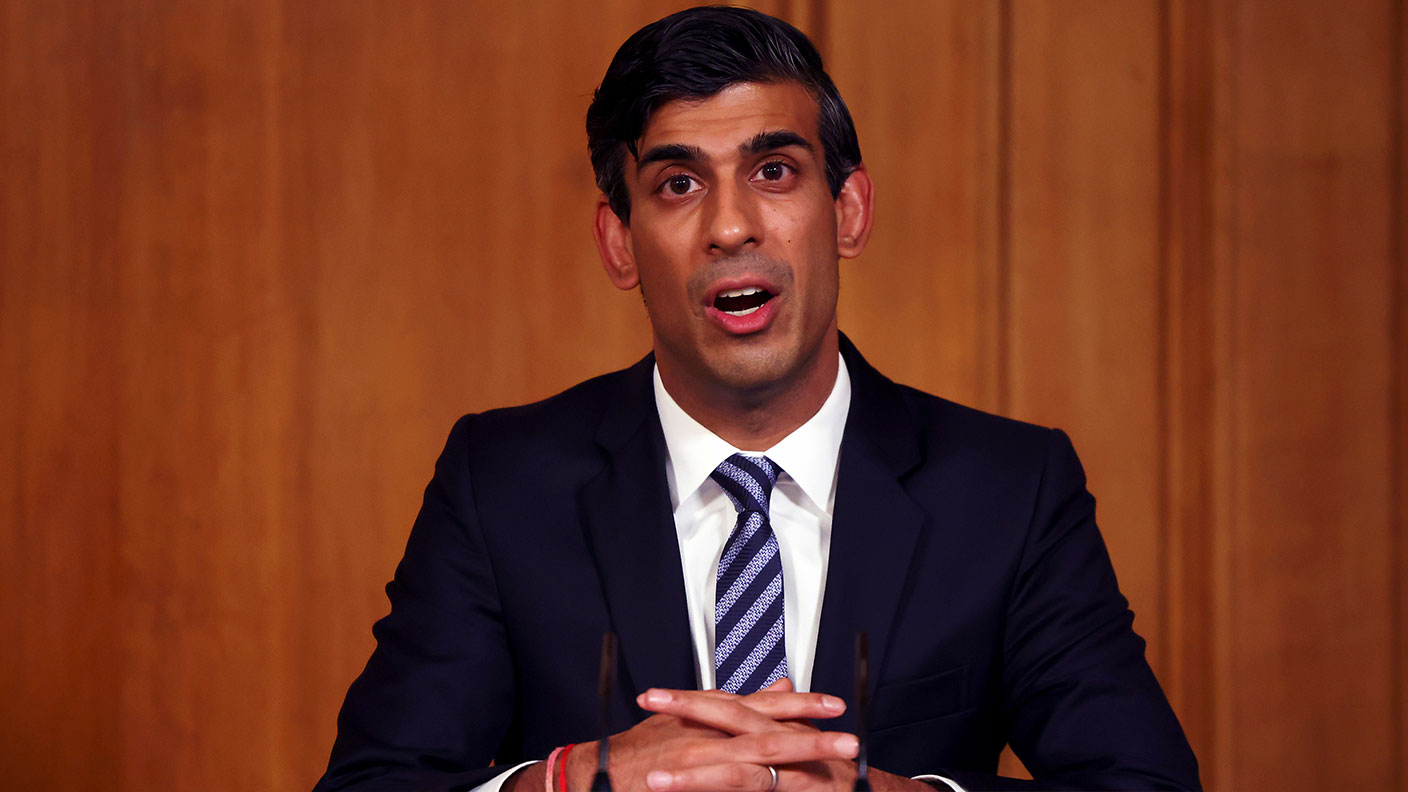Digital fraud checks could have significantly reduced the amount of money estimated to have been lost by the government to fraudulent applications for COVID support schemes, anti-money laundering firm SmartSearch has argued.
According to new figures published the House of Commons library, fraud and errors involving coronavirus support schemes, such as the furlough scheme and Bounce Back Loans, cost taxpayers an estimated £11.8bn.
This is almost twice the amount lost as a result of ‘Black Wednesday’, when the UK crashed out of the Exchange Rate Mechanism in 1992.
The House of Commons library used a central estimate of £11.8bn for coronavirus fraud, and then compared this to Treasury estimates for the cost of Black Wednesday. This was £3.3bn in the period between August 1992 and February 1994, which when adjusted to today’s prices is around £6bn.
“It is disgraceful that such a vast amount of public money has been lost to preventable fraud,” said SmartSearch managing director, Martin Cheek.
“While it was essential that loans were made available swiftly so businesses could be supported after the outbreak of the pandemic, that does not justify a failure to conduct due diligence. Digital fraud checking could have been used to review within seconds the validity of claims for Bounce Back Loans and other support.
“This ineffective stewardship of taxpayers’ money is likely to have long-term implications for public finances, and has underlined the need for effective checks to be put in place when allocating public money.”
Latest News
-
Consumer finance lending totals £122bn in 2025
-
Metro Bank hits record growth in corporate and commercial lending
-
Intermediary confidence softens slightly in Q4 – IMLA
-
Record flows drive Quilter’s AUMA to £141bn
-
46% of IFAs in a network generate first commission in four weeks
-
Three fifths of cash ISA holders expect to not use full allowance
Mortgage Advice Bureau and AI in the mortgage sector
Chief executive officer at Mortgage Advice Bureau, Peter Brodnicki, and founder and managing director at Heron Financial, Matt Coulson, joined content editor Dan McGrath to discuss how Mortgage Advice Bureau is using artificial intelligence to make advancements in the mortgage industry, the limitations of this technology and what 2026 will hold for the market
Perenna and the long-term fixed mortgage market

Content editor, Dan McGrath, spoke to head of product, proposition and distribution at Perenna, John Davison, to explore the long-term fixed mortgage market, the role that Perenna plays in this sector and the impact of the recent Autumn Budget
NEW BUILD IN FOCUS - NEW EPISODE OF THE MORTGAGE INSIDER PODCAST, OUT NOW

Figures from the National House-Building Council saw Q1 2025 register a 36% increase in new homes built across the UK compared with the same period last year, representing a striking development for the first-time buyer market. But with the higher cost of building, ongoing planning challenges and new and changing regulations, how sustainable is this growth? And what does it mean for brokers?
Does the North-South divide still exist in the UK housing market?

What do the most expensive parts of the country reveal about shifting demand? And why is the Manchester housing market now outperforming many southern counterparts?
In this episode of the Barclays Mortgage Insider Podcast, host Phil Spencer is joined by Lucian Cook, Head of Research at Savills, and Ross Jones, founder of Home Financial and Evolve Commercial Finance, to explore how regional trends are redefining the UK housing, mortgage and buy-to-let markets.
In this episode of the Barclays Mortgage Insider Podcast, host Phil Spencer is joined by Lucian Cook, Head of Research at Savills, and Ross Jones, founder of Home Financial and Evolve Commercial Finance, to explore how regional trends are redefining the UK housing, mortgage and buy-to-let markets.
© 2019 Perspective Publishing Privacy & Cookies









Recent Stories